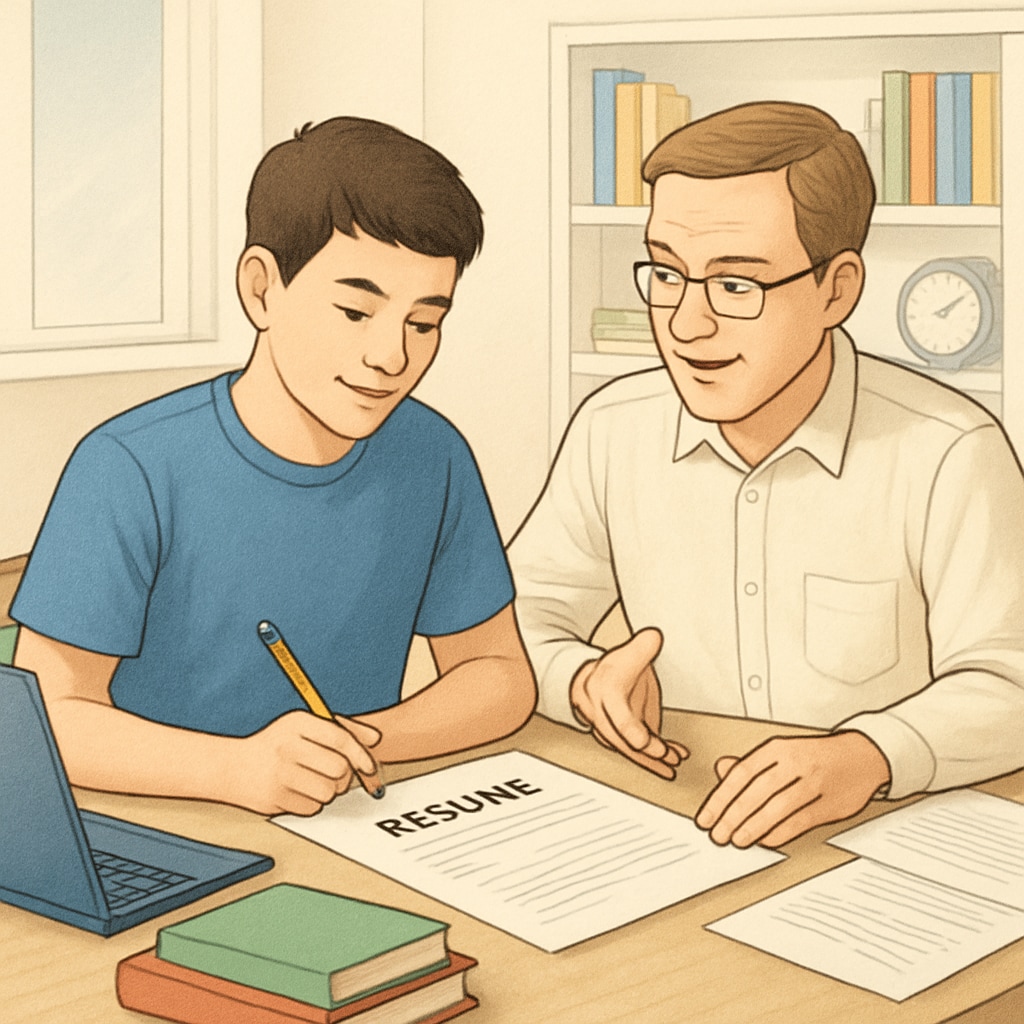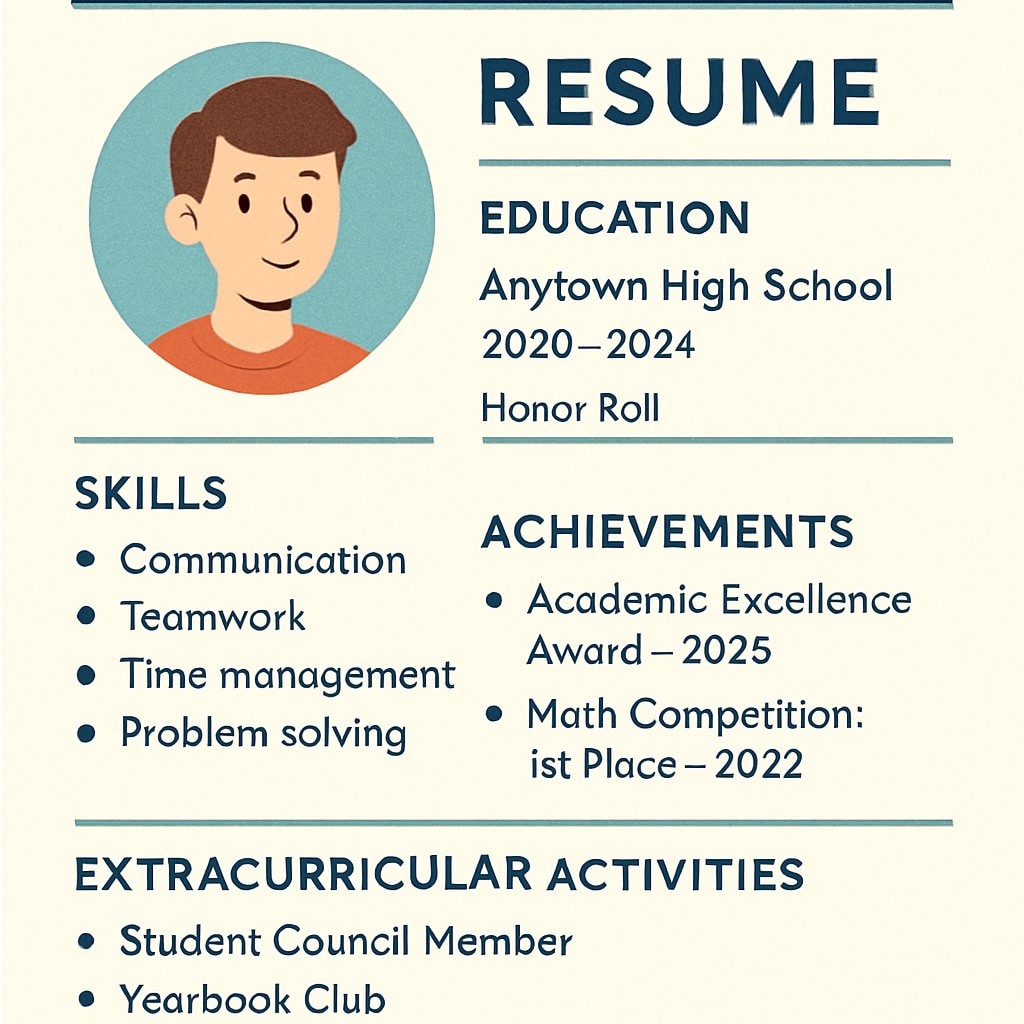Preparing K12 students for the future job market in Canada involves more than academic achievements. It requires introducing them to professional skills and guiding them toward creating standout resumes. Understanding Canadian resume culture and building career awareness early can empower students to approach their career paths with confidence. In this article, we’ll explore how educators and parents can assist students in developing a professional mindset and crafting future-ready Canadian resumes.
Understanding the Basics of Canadian Resume Culture
Before diving into resume-building strategies, it’s essential to understand Canada’s unique resume expectations. In Canada, resumes are concise, usually no longer than two pages, and focus on relevant achievements rather than listing all past experiences. A strong Canadian resume highlights transferable skills, emphasizes measurable accomplishments, and avoids personal details like age, marital status, and photos.
For students in the K12 stage, translating limited work experience into a compelling resume may seem challenging. However, showcasing volunteer work, school projects, extracurricular activities, and leadership roles can effectively demonstrate relevant skills and potential. Emphasizing qualities like teamwork, communication, and problem-solving is particularly valuable in aligning with Canadian employers’ expectations.

Building Career Awareness in K12 Students
Career awareness is a critical foundation for developing future-ready resumes. By introducing students to various career paths early, educators and parents can help them identify their interests and strengths. For example, schools can organize career days, invite industry professionals for talks, or incorporate career exploration activities into the curriculum. These initiatives can inspire students and give them a sense of direction.
In addition, parents play a significant role in fostering career awareness. Simple actions like discussing different professions, encouraging internships, or supporting part-time jobs can help students gain real-world insights. The goal is to help them recognize how their current activities—whether academic or extracurricular—connect to future professional goals.
Practical Tips for Helping Students Build Strong Resumes
Here are some actionable steps educators and parents can take to guide students in crafting their first Canadian resumes:
- Start with a Skills Inventory: Encourage students to list their strengths and accomplishments. Skills such as leadership, time management, and adaptability can stem from school projects, sports, or volunteer experiences.
- Emphasize Action Words: Teach students to use strong action verbs like “organized,” “led,” or “achieved” when describing their experiences. This approach helps in creating a dynamic tone.
- Focus on Results: Whenever possible, quantify achievements. For example, “Raised $500 for a community project” is more impactful than “Participated in a fundraiser.”
- Use a Simple Format: Guide students to keep their resumes clean and easy to read. Avoid overly decorative fonts or complex layouts.
- Tailor for Each Opportunity: Teach students the importance of customizing their resumes to match specific roles or opportunities. Highlighting relevant experiences makes their applications more compelling.

Educators and Parents as Career Coaches
Both educators and parents have a vital role in preparing students for their professional journeys. Educators can incorporate resume workshops into the curriculum or provide templates and examples of Canadian resumes. Career counseling sessions can also guide students in exploring their interests and aligning them with potential career paths.
Parents, on the other hand, can support by offering constructive feedback on resumes, sharing their own professional experiences, and encouraging students to pursue opportunities that build transferable skills. For example, volunteering at community events or participating in school clubs can help students develop skills that are valued in the job market.
The Long-Term Benefits of Early Career Planning
Helping K12 students build future-ready resumes is not just about landing their first job; it’s about fostering lifelong skills. Early exposure to resume writing teaches students to reflect on their achievements, communicate effectively, and adapt to different professional contexts. These skills will serve them well throughout their careers.
By working together, educators and parents can equip students with the tools they need to succeed in Canada’s competitive job market. The earlier we start, the better prepared students will be to navigate their paths from education to career.
Readability guidance: This article balances concise sections with actionable advice and examples. Lists are used for clarity, and transitions ensure smooth flow. The content avoids jargon, making it accessible for a general audience.


